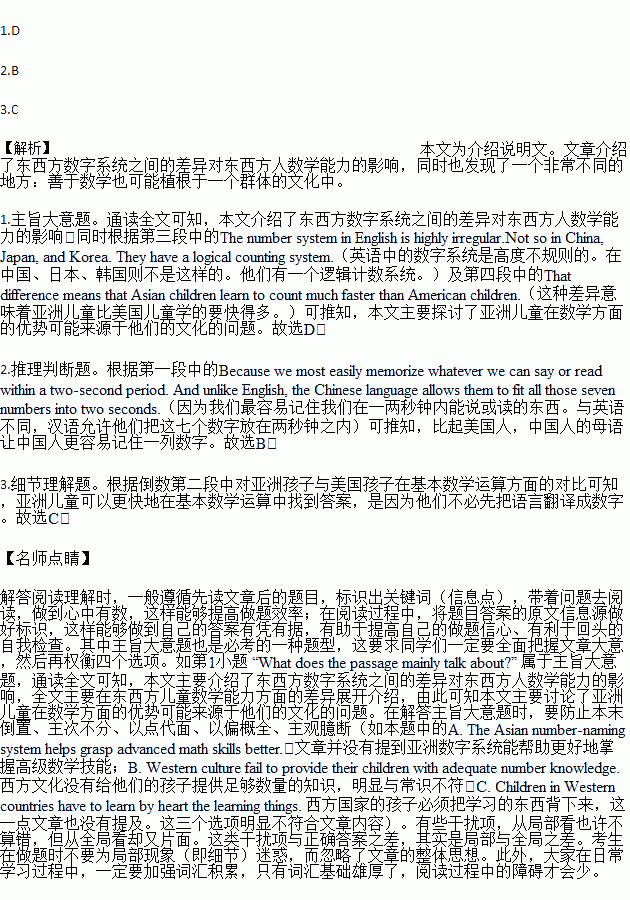题目内容
Take a look at the following list of numbers: 4, 8, 5, 3, 7, 9, 6. Read them loud. Now look away and spend 20 seconds memorizing them in order before saying them out loud again. If you speak English, you have about a 50% chance of remembering those perfectly. If you are Chinese, though, you’re almost certain to get it right every time. Why is that? Because we most easily memorize whatever we can say or read within a two-second period. And unlike English, the Chinese language allows them to fit all those seven numbers into two seconds.
That example comes from Stanislas Dahaene’s book The Number Sense. As Dahaene explains: Chinese number words are remarkably brief. Most of them can be spoken out in less than one-quarter of a second (for instance, 4 is “si” and 7 “qi”). Their English pronunciations are longer. The memory gap between English and Chinese apparently is entirely due to this difference in length.
It turns out that there is also a big difference in how number-naming systems in Western and Asian languages are constructed. In English, we say fourteen, sixteen, seventeen, eighteen and nineteen, so one might expect that we would also say oneteen, twoteen, threeteen, and fiveteen. But we don’t. We use a different form: eleven, twelve, thirteen and fifteen. For numbers above 20, we put the “decade” first and the unit number second (twenty-one, twenty-two), while for the teens, we do it the other way around (fourteen, seventeen, eighteen). The number system in English is highly irregular. Not so in China, Japan, and Korea. They have a logical counting system. Eleven is ten-one. Twelve is ten-two. Twenty-four is two-tens-four and so on.
That difference means that Asian children learn to count much faster than American  children. Four-year-old Chinese children can count, on average, to 40. American children at that age can count only to 15. By the age of five, in other words, American children are already a year behind their Asian friends in the most fundamental of math skills.
children. Four-year-old Chinese children can count, on average, to 40. American children at that age can count only to 15. By the age of five, in other words, American children are already a year behind their Asian friends in the most fundamental of math skills.
The regularity of their number system also means that Asian children can perform basic functions, such as addition, far more easily. Ask an English-speaking seven-year-old to add thirty-seven plus twenty-two in her head, and she has to change the words to numbers (37+22). Only then can she do the math: 2 plus 7 is 9 and 30 and 20 is 50, which makes 59. Ask an Asian child to add three-tens-seven and two-tens-two, and then the necessary equation(等式) is right there, in the sentence. No number translation is necessary: it’s five-tens-nine.
When it comes to math, in other words, Asians have a built-in advantage. For years, students from China, South Korea, and Japan --- outperformed their Western classmates at mathematics, and the typical assumption is that it has something to do with a kind of Asian talent for math. The differences between the number systems in the East and the West suggest something very different --- that being good at math may also be rooted in a group’s culture.
1.What does the passage mainly talk about?
A. The Asian number-naming system helps grasp advanced math skills better.
B. Western culture fail to provide their children with adequate number knowledge.
C. Children in Western countries have to learn by heart the learning things.
D. Asian children’s advantage in math may be sourced from their culture.
2.What makes a Chinese easier to remember a list of numbers than an American?
A. Their understanding of numbers. B. Their mother tongue.
C. Their math education. D. Their different IQ.
3.Asian children can reach answers in basic math functions more quickly because ____________.
A. they pronounce the numbers in a shorter period
B. they practice math from an early age
C. they don’t have to translate language into numbers first
D. American children can only count to 15 at the age of four
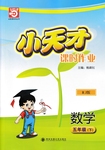 小天才课时作业系列答案
小天才课时作业系列答案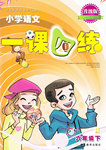 一课四练系列答案
一课四练系列答案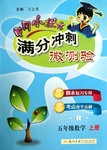 黄冈小状元满分冲刺微测验系列答案
黄冈小状元满分冲刺微测验系列答案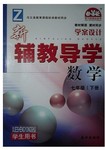 新辅教导学系列答案
新辅教导学系列答案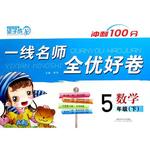 阳光同学一线名师全优好卷系列答案
阳光同学一线名师全优好卷系列答案